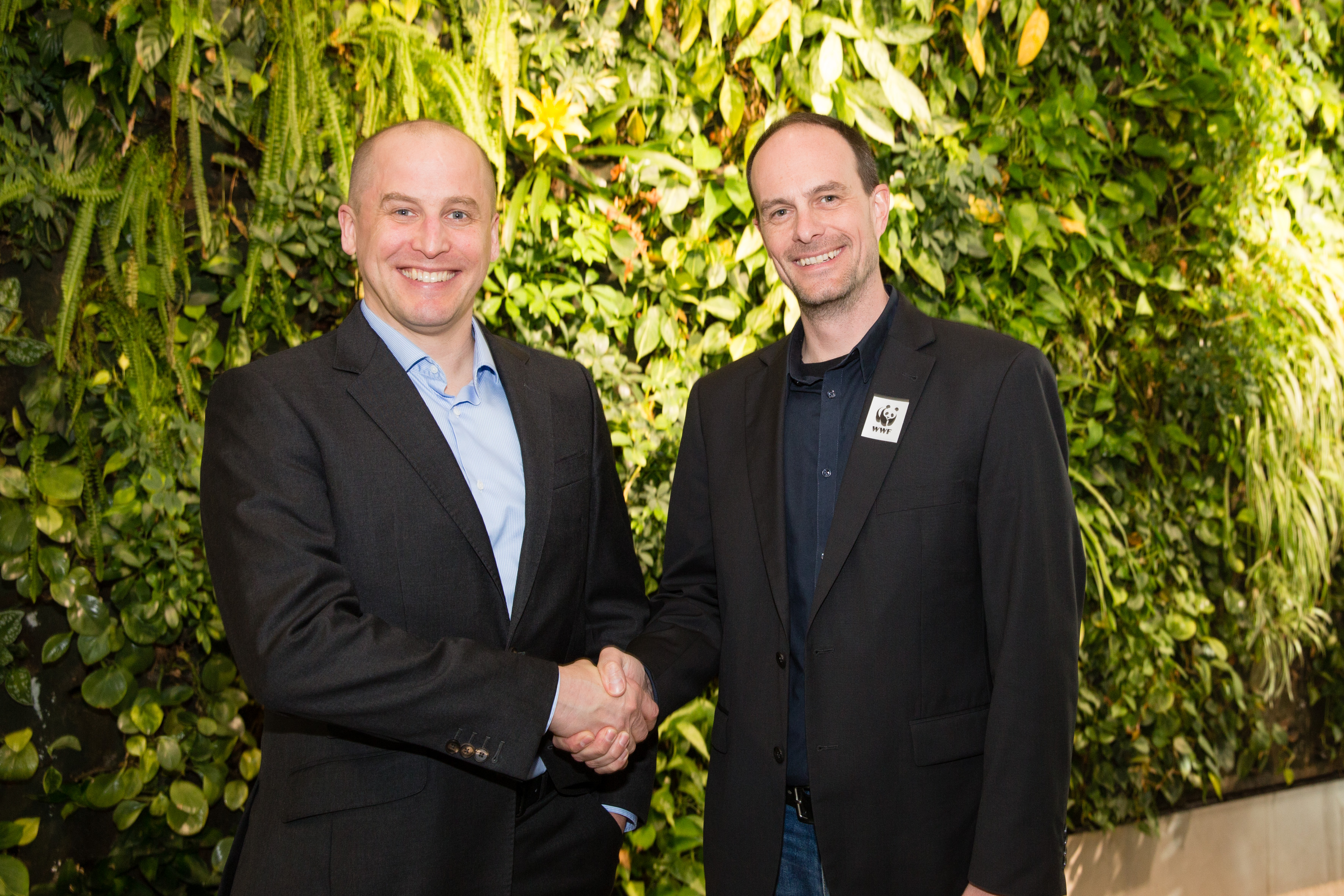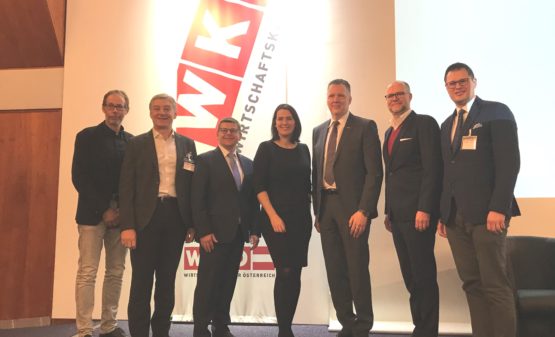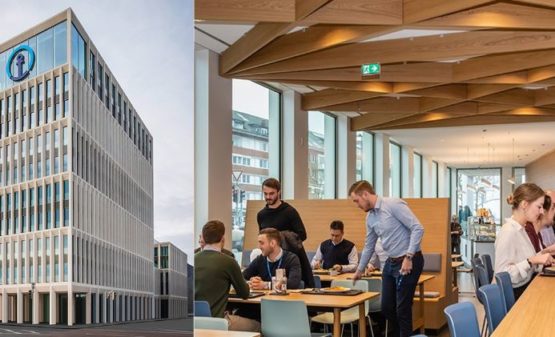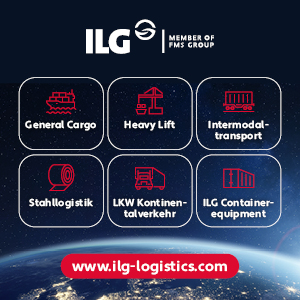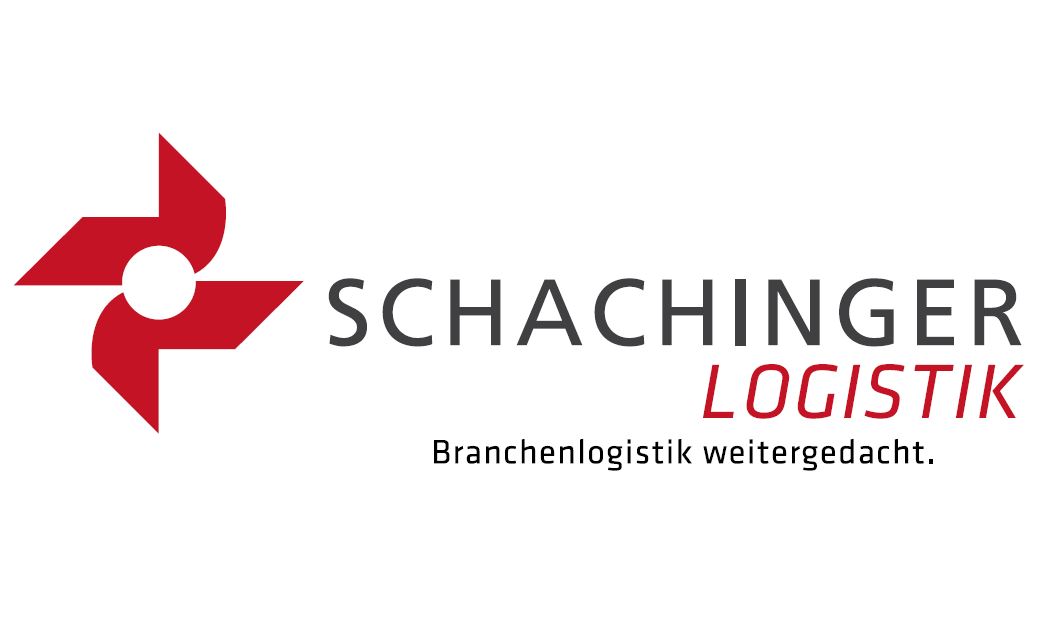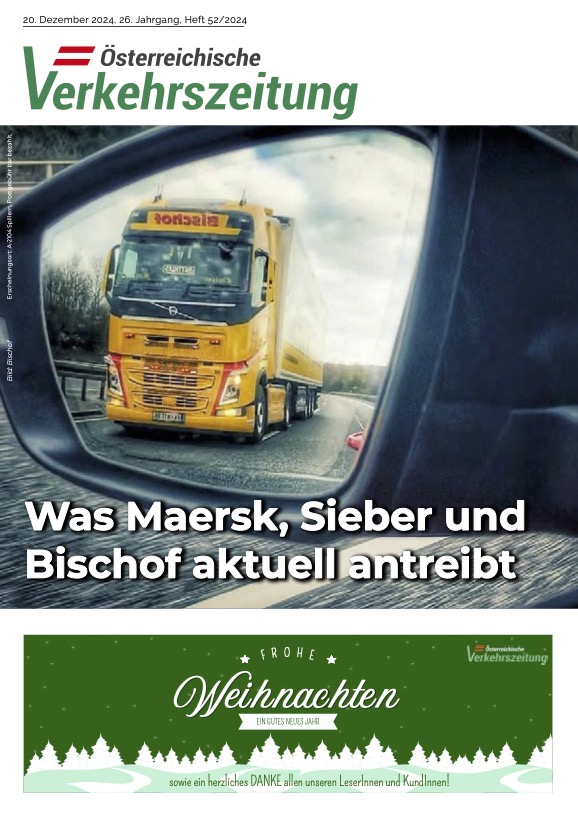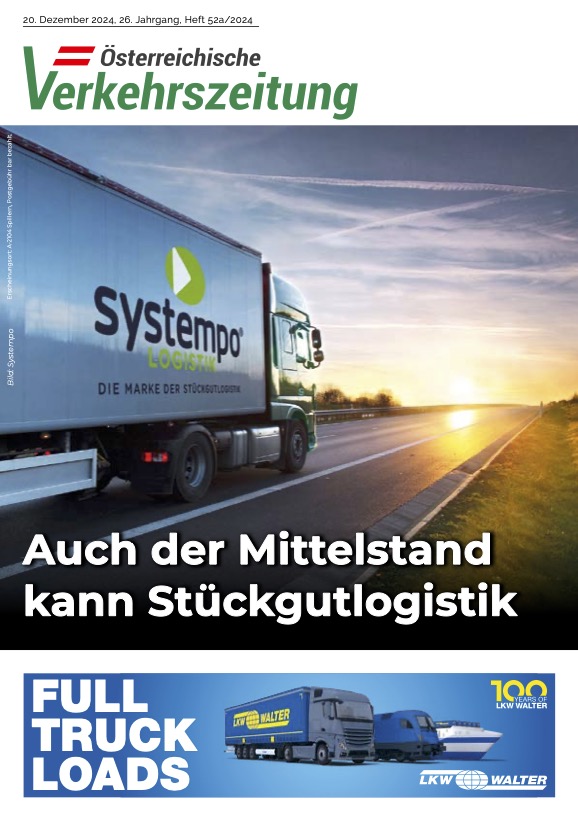For Rail Cargo Group (RCG), freight transport and environmental protection go hand in hand – after all, rail causes 21 times less CO2 emissions than trucks. This is a clear advantage that many customers of the international rail company appreciate.
“Traffic is the biggest and fastest lever to save CO2. In Europe, the transport market will grow by a further 30 per cent by 2030. We must make every effort to ensure that this growth is achieved largely by rail. Our customers make their contribution every day by transporting their goods by rail,” says RCG CEO Clemens Först.
Against this backdrop the Rail Cargo Group launched a large-scale survey last year. In a first step, more than 560 customers in 12 countries were asked about RCG and its services. In addition, more than 190 expert interviews were conducted with customers in 15 countries.
Each returned questionnaire and each interview was documented with a donation amount for the World Wide Fund For Nature (WWF). After successfully completing the project, Clemens Först handed over a cheque for EUR 6,000 to Thomas Kaissl, WWF Head of Economics & Environment.
It is no coincidence that RCG and WWF are collaborating. Rail is already a safer and more environmentally friendly mode of transport. In addition, ÖBB has been relying on renewable energies such as hydropower for a long time – and the European Rail Freight Forward initiative, which aims to raise awareness of rail freight transport with Noah’s Train.
With 8,700 employees, subsidiaries throughout Europe and an annual turnover of 2.2 billion euros, the Rail Cargo Group ranks among Europe’s leading rail logistics companies. The ÖBB’s cargo division operates a comprehensive end-to-end logistics network with strong partners, linking European conurbations and ports with prospering economic centres on the Eurasian continent. The Rail Cargo Group is a company of Rail Cargo Austria AG.


